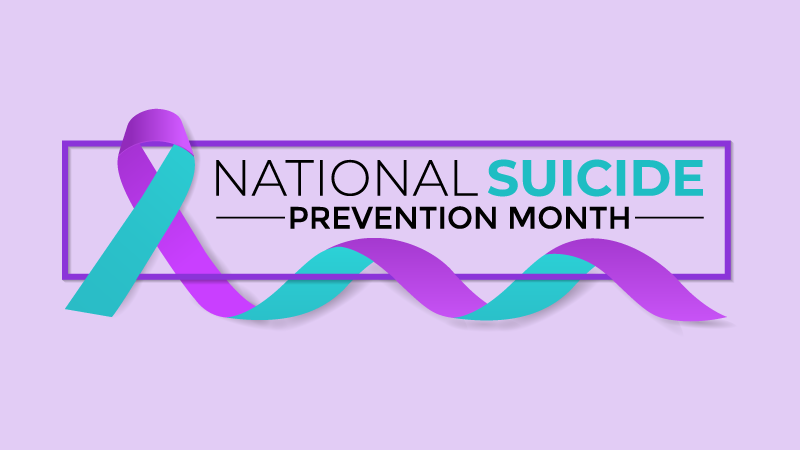Written by Greg Loop, President and CEO, Family Services of NW PA
It is often difficult to talk about mental health concerns in our communities because it can still feel like taboo. It is even harder when suicide is involved, especially when it comes to children. The best and brightest of our next generation are being lost and families are struggling with inconsolable grief. Emotional responses to tragic loss and grief make talking about these issues even harder, yet we must continue to have these difficult conversations!
In the United States, suicide is the second leading cause of death among individuals 10 to 14 years old and 25 to 34 years old, and the third leading cause of death among people ages 15 to 25 years old, according to the National Alliance on Mental Illness (NAMI) and the Centers for Disease Control and Prevention (CDC). In Pennsylvania, suicide is now the second leading cause of death for individuals between 5 and 24 years of age. Many of these deaths are preventable, thanks to many effective treatments and supports.
Suicides have become a national public health challenge that causes immeasurable pain among individuals, families, and communities across the country, and so September was first declared as National Suicide Prevention Month in 2008. While it is important to address suicide prevention all year, Suicide Prevention Month allows for mental health advocates, prevention organizations, survivors, allies, and community members to come together to address this difficult topic. It provides dedicated time to acknowledge those affected by suicide, raise awareness, and connect individuals with treatment.
There are many risk factors associated with suicide among individuals of any age. According to the American Foundation for Suicide Prevention, risk factors include mental health conditions like depression, substance abuse problems, bipolar disorder, and anxiety disorders. Additional environmental factors include prolonged stress, adverse childhood experiences, and stressful life events, such as divorce, life transitions, and discrimination.
We are seeing some of this in our own communities with LGBTQ+ members who also face challenges of discrimination. This can have a significant impact on mental health and lead to thoughts of self-harm and suicide. According to the 2022 Pennsylvania LGBTQ Health Needs Assessment, more than six out of ten respondents (62.4%) have experienced discrimination based on their LGBTQ+ identity. Half (50.6%) of persons identifying as LGBTQ+ have thought about suicide.
Everyone can play a role in preventing suicide by learning the warning signs, promoting prevention and resilience, and committing to social change. While it is uncomfortable and sometimes scary, evidence shows that talking with friends and loved ones is an important step in helping reduce the risk of suicide.
According to the National Suicide Prevention Lifeline, there are warning signs that may indicate suicide is more likely to happen.
- Talking about being a burden
- Being isolated
- Increased anxiety
- Talking about feeling trapped or in unbearable pain
- Increased substance use
- Looking for a way to access lethal means
- Increased anger or rage
- Extreme mood swings
- Expressing hopelessness
- Sleeping too little or too much
- Talking or posting about wanting to die
- Making plans for suicide
The more of these signs a person shows, the greater the risk.
Help is Available
If you or someone you know is struggling or in crisis, help is available.
- Crisis Services of Safe Harbor Behavioral Health: call 814-456-2014 or 800-300-9558
- Suicide and Crisis Hotline: call or text 988
- U.S. National Suicide Prevention Lifeline: call 800-273-TALK (8255)



